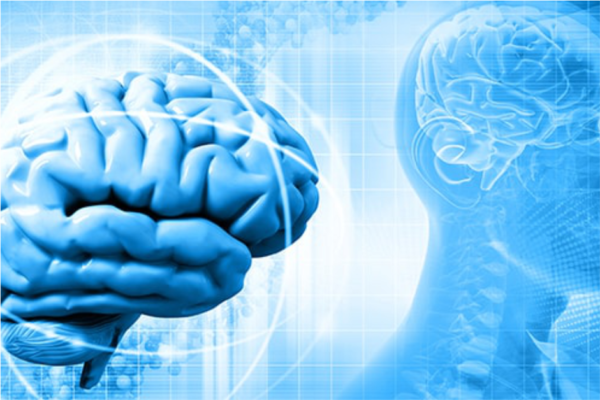A Small Discussion On Neurological Problems In Obstetrics

Neurological Problems In Obstetrics
After pregnancy, labour and childbirth a lot of neurological problems crop up in obstetrics. However such acute neurological diseases and not very uncommon in the childbearing age of women. Acute neurological disorders pointing to ones which require hospitalization. The Postpartum period and also during the pregnancy period there is an increased prevalence of several diseases. Few diseases which are particular to the postpartum period include delivery associated neuropathies and preeclampsia.
Cerebral venous thrombosis, intracerebral hemorrhage, ischemic stroke are some of the neurological diseases which are indirectly related to the period of pregnancy. Needless to say the increase in intensity and frequency associates with itself considerable risk factors of mortality and morbidity.Of all the neurological disorders after pregnancy,headache disorder is the most common. But there are other neuromuscular diseases, cerebrovascular disorders, strokes,eclampsia, hypertension, gestational diabetes, Myasthenia gravis etc.Treatment options are unfortunately not varied and immense in this sector. Is not recognized as an early stage the development of such diseases inside the body can lead to devastating outcomes.
Preeclampsia is often recognized as an early stage by the obstetricians and does not always require extensions neurological input because an early detection can lead to an effective management.But if seizures starts to develop then it might need extensive attention and care. The femoral neuropathy is relatively benign when compared to other search neurological problems, but this also requires to be acknowledged by the neuro hospitalists as there might be several other reasons for consults. The cerebral venous thrombosis and the pseudo tumor might be present in the patient for a long time because it has some non specific and very general symptoms like headaches,through which it is rarely possible to detect the disease. Headaches are a common complaint in almost all pregnant women. So when a pregnant woman complains of a headache it becomes quite unusual to categorize it under a special case. Unless and until severe neurological complications develop the common headache cannot be distinguished from the benign headaches. Heartburn medication during pregnancyis often needed due to common instances of heartburn.
Often medications that would have been perfectly proper for the treatment of the disease is avoided, since such medications might cause harm to the developing fetus. During pregnancy many medications are avoided due to concerns of harming the fetus. Researchers reveal that the neurological diseases account for approximately 20% of the universal maternal death. A differential diagnosis is extremely important for diseases such as the cerebral venous thrombosis and stroke because they have higher incidences of occurrence in pregnancy, and leads to substantial mortality and morbidity in pregnant women and also in their postpartum period.
One major contributor to morbidity and mortality is both the ischemic and hemorrhagic type of stroke. There occurs extensive physiologic and hemodynamic modifications in pregnancy, and it leads to a stage of comparative hypercoagulability, altered vascular tone and increased cardiac burden. However this is very essential to carry out the physiologic demands of the developing fetus, and also to reduce the intensity of hemorrhage during delivery.





